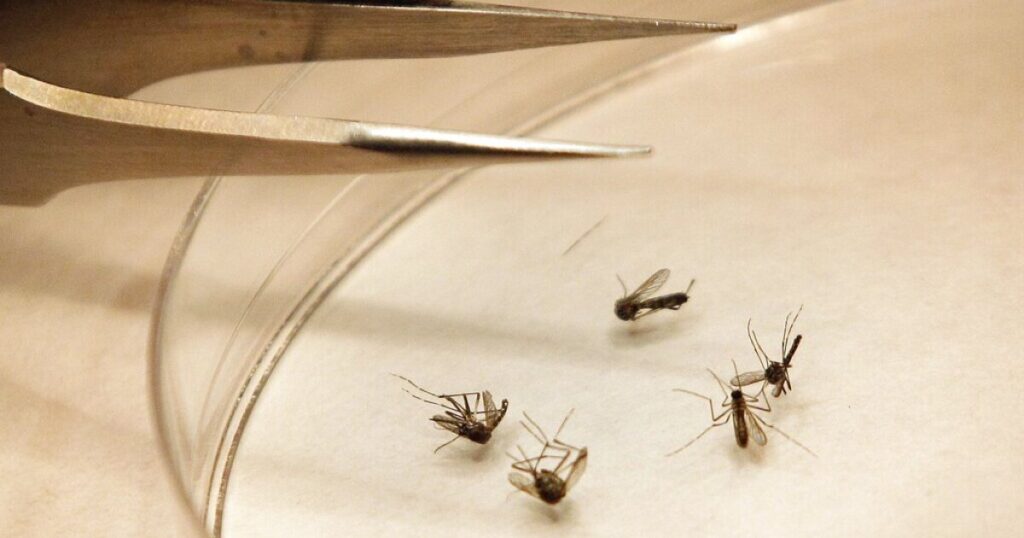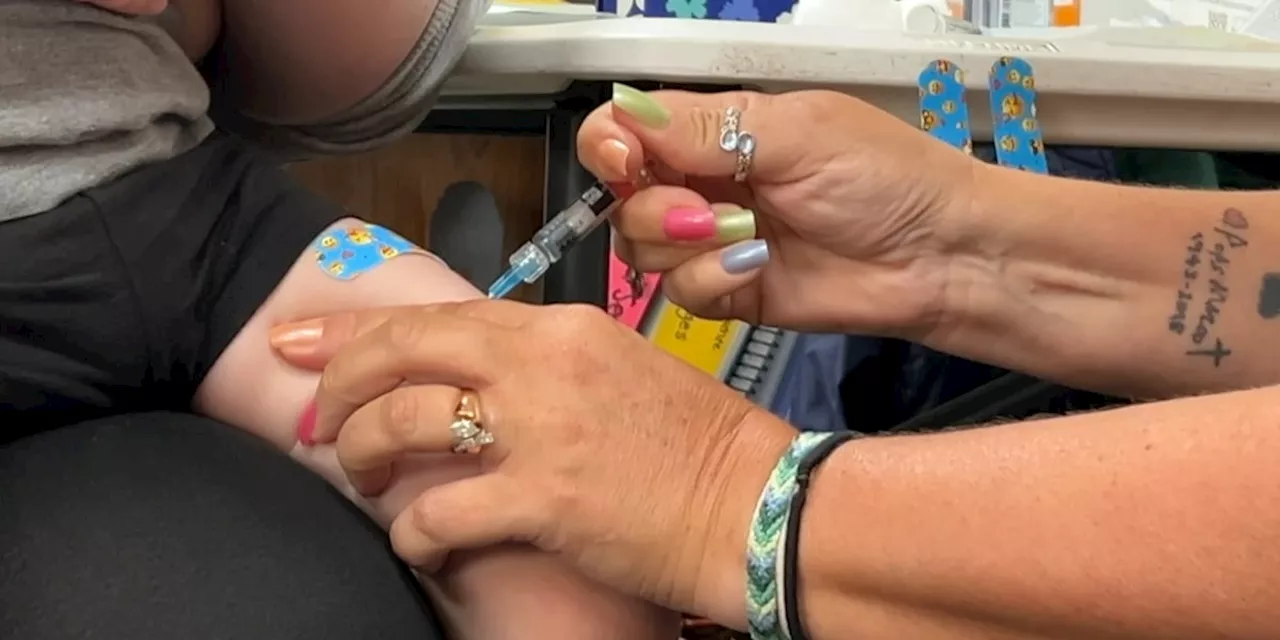
Health officials in Nashville, Tennessee, are alerting residents following the confirmation of the first human case of West Nile virus in nearly two years. The case was reported last week involving a resident from South Nashville, as confirmed by Metro Nashville Public Health. Due to patient confidentiality regulations, further details about the individual have not been disclosed.
The West Nile virus, primarily transmitted by mosquitoes, has shown signs of being widespread in the area. Health officials have detected West Nile-positive mosquitoes in 27 out of 32 monitored sites across the city. “Every week, our team goes out to 32 different sites across the city,” stated Peters, a representative from the health department.
Understanding the Virus and Its Impact
While the recent case raises concerns, it’s important to note that most individuals infected with the West Nile virus do not display any symptoms. For those who do, the illness often resembles a common cold. However, severe cases can be life-threatening, prompting officials to take the matter seriously. “In rare cases, it can lead to death. That’s very uncommon but it can happen,” Peters added.
The largest outbreak of West Nile virus in Middle Tennessee occurred in 2002, resulting in several fatalities, primarily in West Tennessee. During that outbreak, Metro Nashville implemented mosquito spraying in affected neighborhoods, although this practice was discontinued several years ago.
Preventive Measures for Residents
Moving forward, the city plans to focus on public education and community outreach regarding mosquito control and prevention. “If West Nile virus comes back in any of those traps, then we go to that community and directly inform the residents about our findings and what they can do to protect themselves,” Peters explained.
Residents are urged to adopt several preventive measures, particularly when engaging in outdoor activities. Eliminating stagnant water around properties is crucial, as these areas provide ideal breeding grounds for mosquitoes. Additionally, using mosquito repellent containing DEET can offer effective protection against bites. Despite the presence of West Nile virus, Peters encouraged residents not to cancel outdoor plans but rather to take appropriate precautions. “We want to reduce that threat as much as we can,” he said.
The mosquito threat is expected to persist until the first freeze of the season, which will significantly reduce their population. “That first freeze is going to take them out,” Peters noted. For individuals who suspect they may have contracted the West Nile virus, healthcare providers can conduct testing. Treatment for this viral infection primarily focuses on managing symptoms while the virus runs its course.
As Nashville faces this health challenge, officials continue to monitor the situation and encourage community awareness to mitigate risks associated with this mosquito-borne virus.






